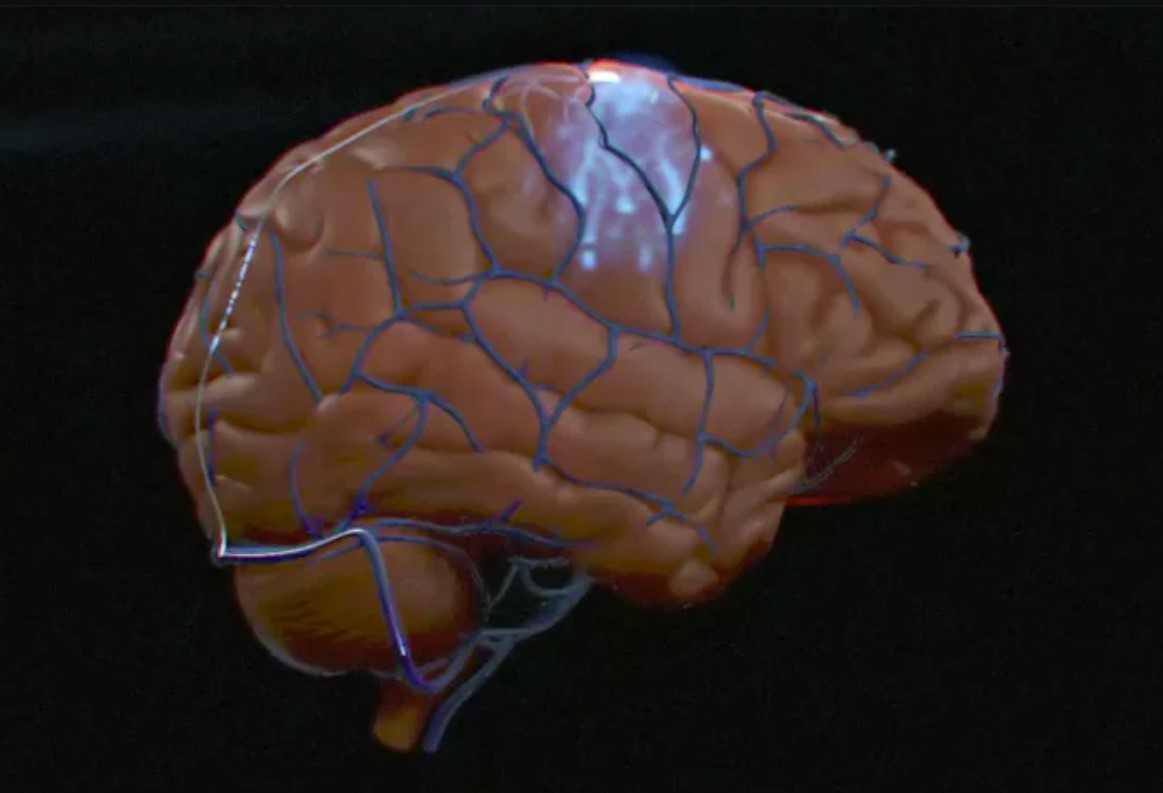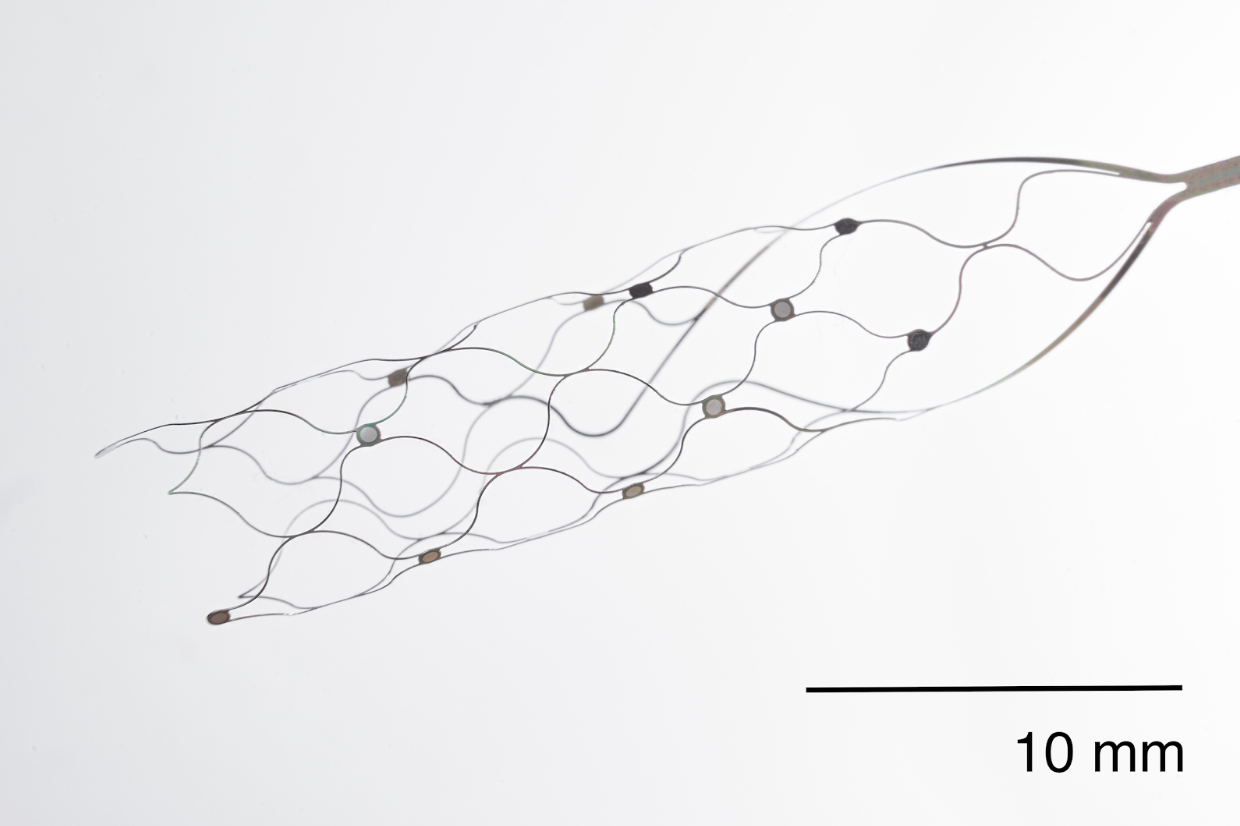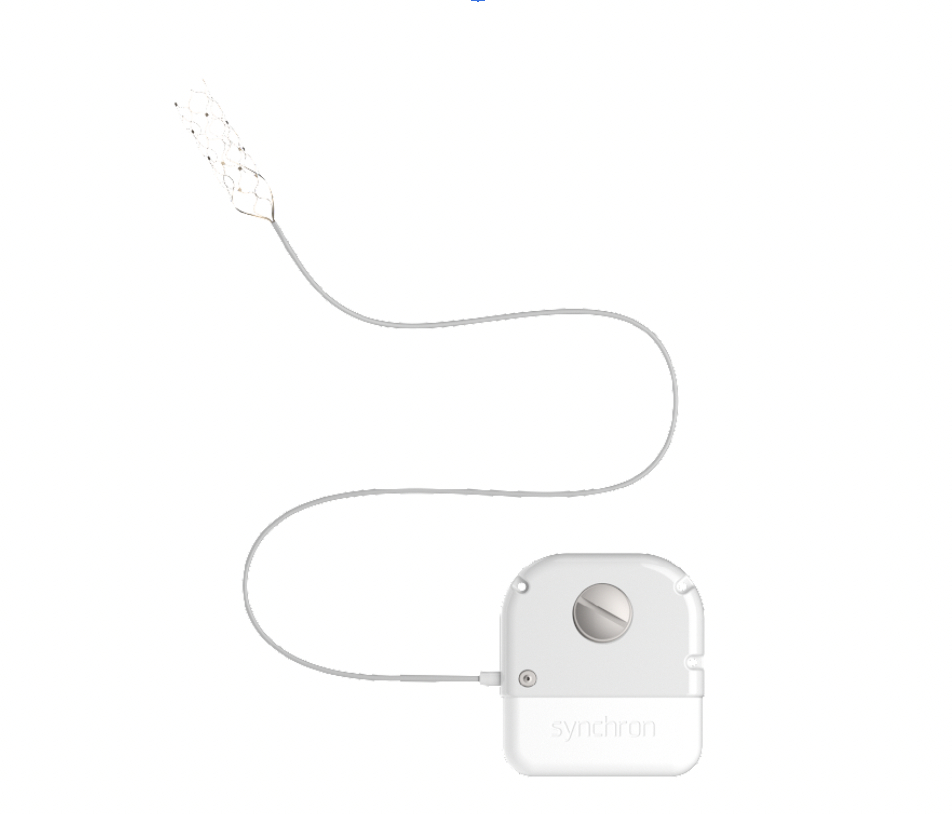Synchron is the first to implant a human brain-computer interface in the United States

In the United States, brain-computer interfaces have arrived. Synchron is claiming to be the first in the country to implant a BCI in a human patient, according to its website. Doctors at Mount Sinai West Hospital in New York City implanted Synchron's Stentrode in a participant in the company's COMMAND study, which aims to assess the value and safety of BCIs for hands-free device control for people with severe paralysis. Ideally, similar technology will allow individuals who want to email, text, and perform other digital activities that others take for granted to do so independently.

The prosthetic was implanted via an endovascular technique that avoids the intrusiveness of open-brain surgery by going through the jugular vein. The operation went "extremely well," allowing the patient to go home 48 hours after Synchron reported. According to Synchron, an ongoing Australian study has also proven successful so far, with four patients still surviving a year after receiving their Implants.

Doctors may take some time to be able to provide Synchron's BCIs to patients. The company received FDA clearance for human clinical trials in July 2021, and it is presently conducting the COMMAND study. Nonetheless, the US method is a significant step toward more autonomy for persons with paralysis. It also represents a competitive victory — Elon Musk's Neuralink has yet to receive approval from the FDA for its own brain implant.
Source: www.engadget.com